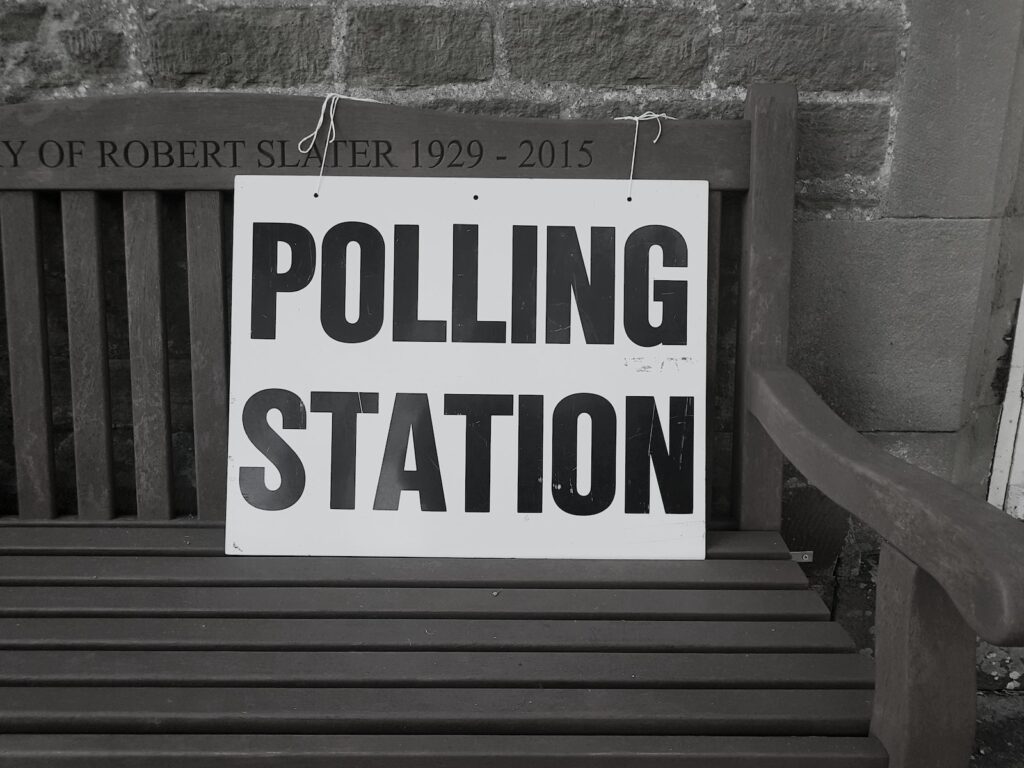Environmentalism will decide the next UK General Election
Dominic Dyer, Chair of Nature 2030, is one of Britain’s leading wildlife protection and animal welfare campaigners, writers, broadcasters, and social media influencers. Here, he makes the case for climate issues being the most significant factor in winning support of the British electorate.
Now the dust has settled on May’s local elections, one thing is clear from the results: the public is finally finding its voice on environmental matters. The results demonstrate beyond doubt that people are finally willing to put environmental issues first, not just in their daily lives, but at the ballot box too.
This is illustrated by the most impressive results yet for the Green Party, which gained 241 council seats and won a majority on an English council for the first time in the party’s 50-year electoral history.
Equally, environmental issues dominated the campaigning agenda in various regions around the UK. In Plymouth, a battle erupted over the fate of 110 mature trees, planned to fall victim to the city’s regeneration proposals. The decision was met with widespread controversy, and campaigners against the scheme fought tooth and nail, winning a court injunction forcing out their council leader before ousting the Conservative majority in the area.
However, it is with the spiraling sewage crisis where the power of the people has truly been unleashed – and the results have been spectacular.
In recent months public awareness over the issue has spiked, and water companies have come under intense criticism for routinely dumping raw sewage into rivers and coastal waters over decades. The Government is also facing criticism for failing to tackle the issue, with the Environment Agency revealing 90 percent of sewage monitors are broken, unable to detect the daily dumping of waste into our rivers 824 times.
This collective noise from campaigners, journalists, members of the public and politicians forced a public apology from England’s privatised water industry alongside tentative plans for improved practices.
Perhaps most significantly the issue remains a huge thorn in the side of the Government, one which may well prove deadly in the next general election. The raw anger and frustration of the public that has been simmering for far too long has erupted, and conservatives are finding it increasingly difficult to carry on business as usual.
The sewage crisis has done more than trigger outrage and betrayal among the public, it has demonstrated the collective power of the public to sway the environmental agenda. It was amazing to see how the green agenda dominated the campaigning – and voting – stage of local elections. Issues such as clean air and green spaces were at the forefront of local debates capturing the heart and minds of voters who are tired of empty rhetoric and half-hearted gestures.
This newfound urgency on environmental issues is reverberating far beyond our tainted waters. It has renewed vigour in other battles for a greener future. Take, for instance, Nature 2030’s campaign to protect our road verges, the critical corridors of biodiversity protecting our highways. As public consciousness is awakened to the fragile state of our ecosystems, more and more people are joining the fight to preserve these vital habitats.
The sewage crisis has served as a rallying cry, igniting a sea change where water companies will at last be held accountable for their own waste. The power of the people, once stirred, is a force to be reckoned with, and it is shaping the political agenda for a greener, more sustainable future.
As a fervent advocate for environmental causes, I have spent years championing the urgent need for action on climate change and ecological preservation. But it often felt like a solitary battle, my voice drowned out by the clamour of more immediate political concern. However, the landscape is shifting and a new era of green politics is emerging.
More on climate and politics:
How climate disinformation sows distrust in Low Traffic Neighbourhoods
Rishi Sunak will not attend COP27, disappointing campaigners
Image: Steve Houghton-Burnett (Top) / Appolinary Kalashnikova (Bottom)

















